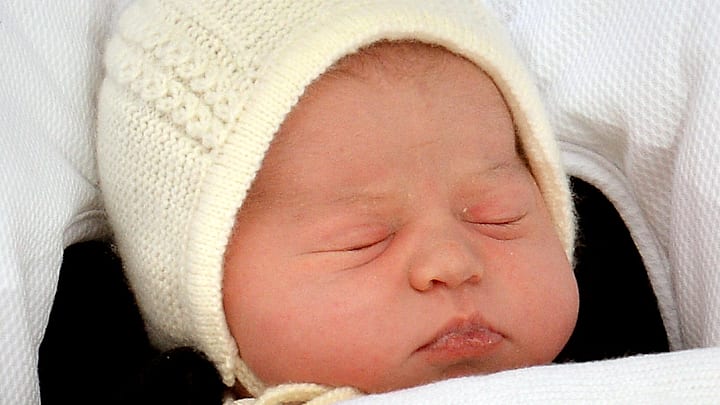Sleep Tips for New Moms and Babies

Sleep is a crucial aspect of health and well-being for both new moms and their babies. However, getting enough rest can be challenging in the early days and weeks of motherhood. Establishing healthy sleep habits for both you and your baby is essential to ensure that everyone gets the rest they need. Here are some practical sleep tips for new moms and babies to help create a peaceful and restful environment.
First and foremost, understanding your baby's sleep patterns can help you set realistic expectations. Newborns typically sleep 16 to 18 hours a day, but their sleep is often broken into shorter periods of 2 to 4 hours due to their need for frequent feedings. As your baby grows, their sleep patterns will gradually shift to longer stretches, especially during the night.
Creating a consistent bedtime routine can signal to your baby that it's time to sleep. A calming routine might include a warm bath, a gentle massage, reading a story, or singing a lullaby. Consistency helps your baby associate these activities with sleep, making it easier for them to settle down and fall asleep.
Establishing a comfortable and safe sleep environment is crucial. Ensure that your baby sleeps on their back on a firm mattress in a crib or bassinet without any loose bedding, pillows, or stuffed animals. The room should be dark, quiet, and at a comfortable temperature. Using a white noise machine can help drown out background noises and create a soothing atmosphere.
Swaddling can provide comfort and security for newborns, helping them sleep better. Use a lightweight blanket or a specially designed swaddle to wrap your baby snugly, but not too tightly. Swaddling can reduce the startle reflex and help your baby feel more secure, promoting longer sleep periods.
For new moms, prioritizing your own sleep is essential. Taking naps when your baby sleeps can help you catch up on rest. Accepting help from family and friends with household chores and baby care can free up time for you to sleep. Don’t hesitate to ask your partner to share nighttime duties, such as feeding or diaper changes, so you can get more uninterrupted sleep.
Breastfeeding moms can benefit from learning to breastfeed while lying down, which allows you to rest during nighttime feedings. Co-sleeping in a safe manner, such as room-sharing with your baby in a separate crib or bassinet, can make nighttime feedings more convenient and help you get back to sleep more quickly.
Recognizing the signs of sleep deprivation and seeking help when needed is important for your health and well-being. Prolonged lack of sleep can lead to physical and emotional exhaustion, affecting your ability to care for your baby. If you find it difficult to cope, talk to your healthcare provider or a mental health professional for support and guidance.
Incorporating relaxation techniques into your routine can also improve sleep quality. Practices such as deep breathing, meditation, and gentle yoga can help reduce stress and promote relaxation. Creating a calming bedtime routine for yourself, such as a warm bath or reading a book, can signal to your body that it's time to wind down and sleep.
Finally, being patient with yourself and your baby is key. Adjusting to new sleep patterns takes time, and every baby is different. It's normal to have nights when sleep is elusive, but consistency and patience will help establish healthier sleep habits over time.
In conclusion, establishing healthy sleep habits for both new moms and babies involves creating a consistent bedtime routine, ensuring a comfortable sleep environment, and prioritizing rest for yourself. By understanding your baby's sleep patterns and incorporating practical sleep strategies, you can help everyone in the household get the rest they need. Remember to seek support and be patient as you navigate the challenges of sleep during the early stages of motherhood.